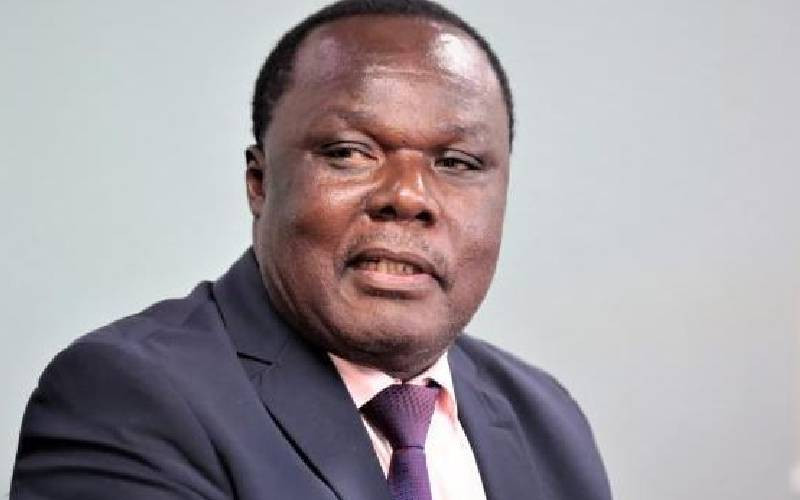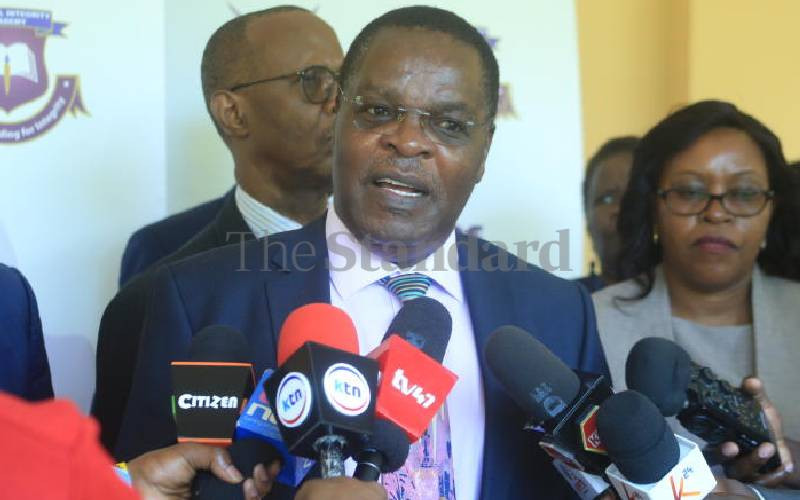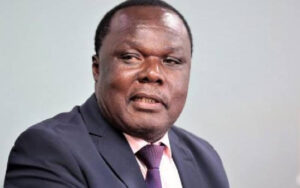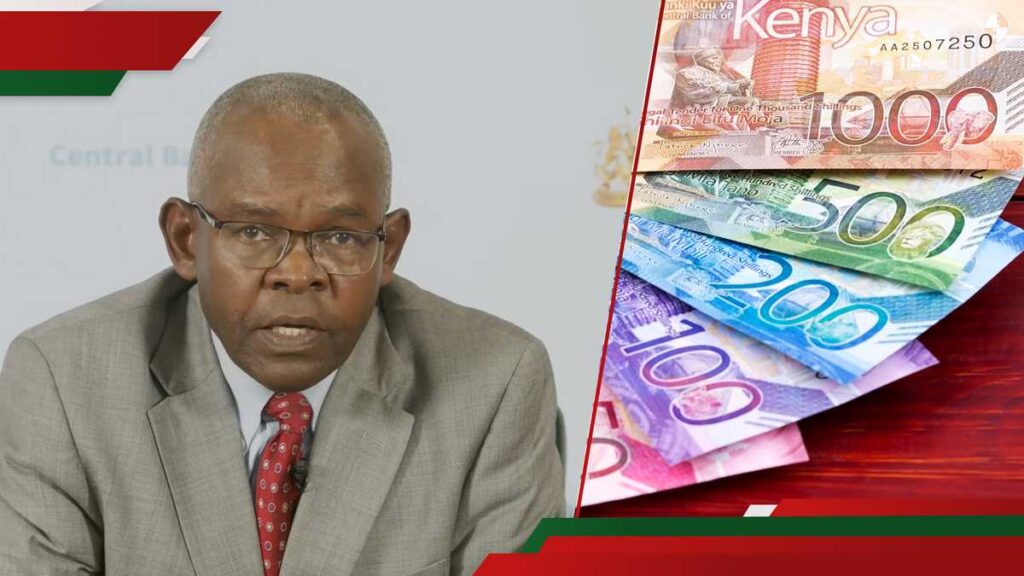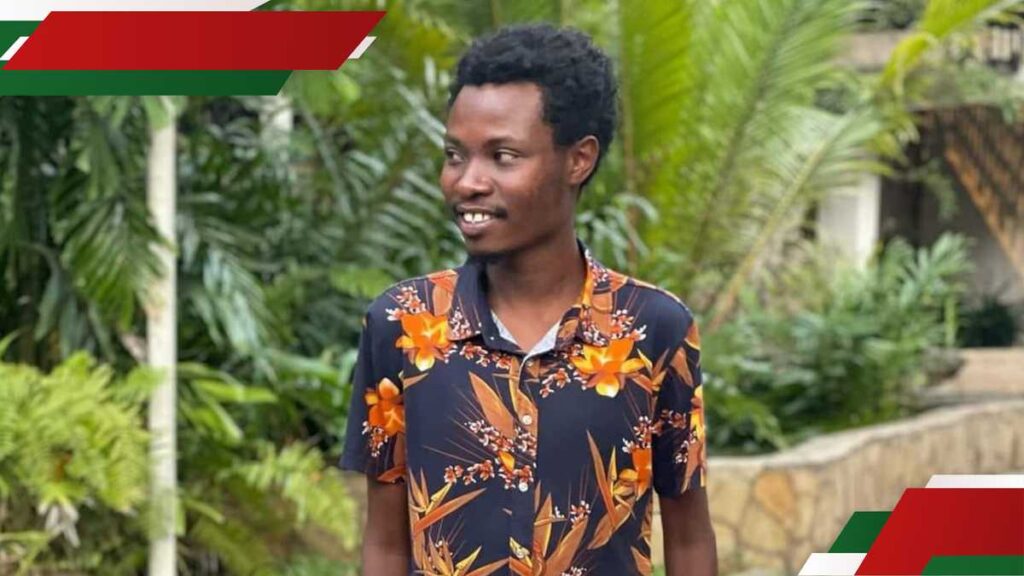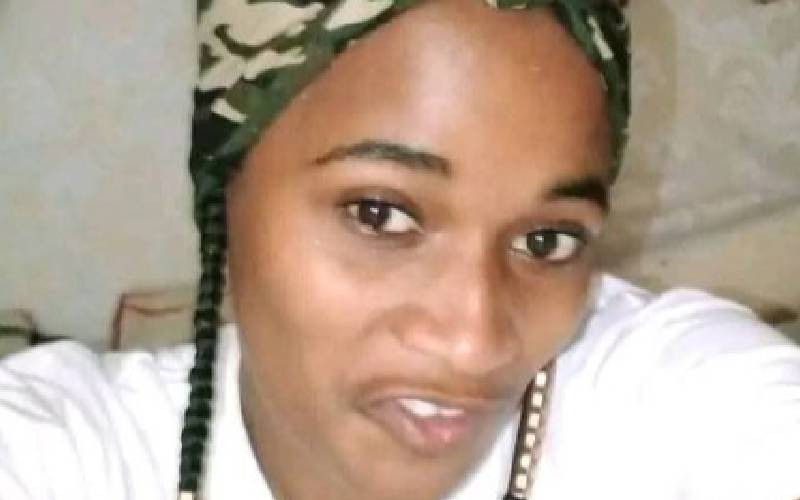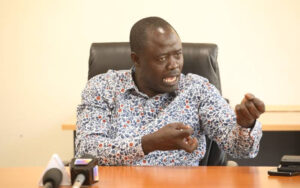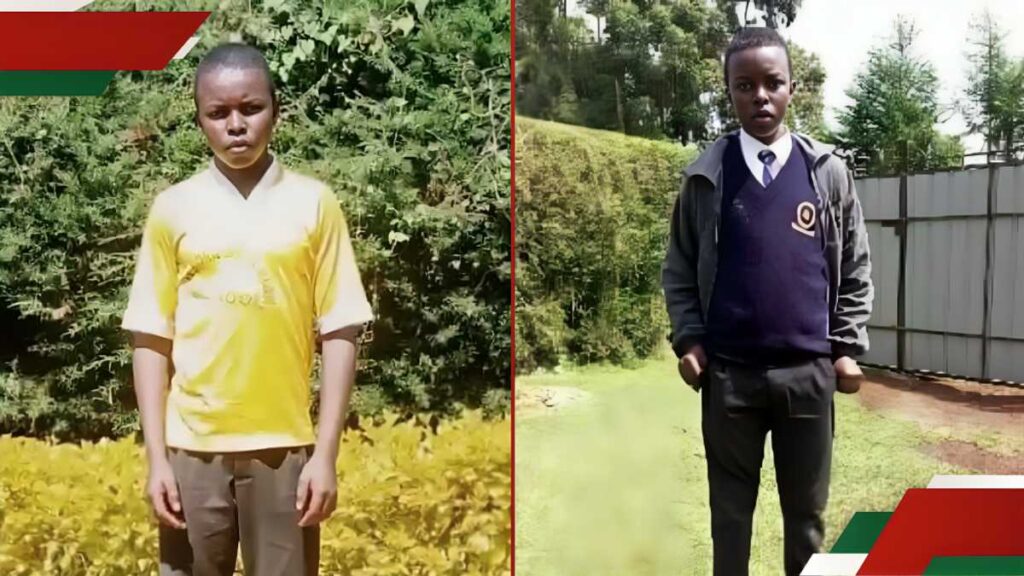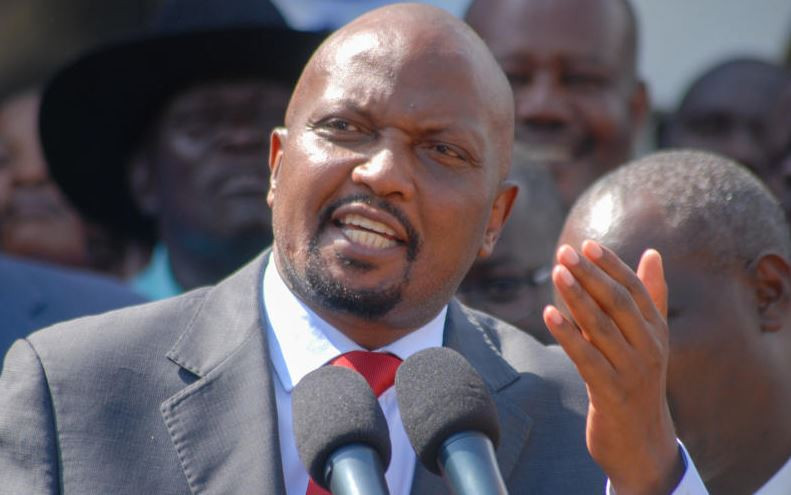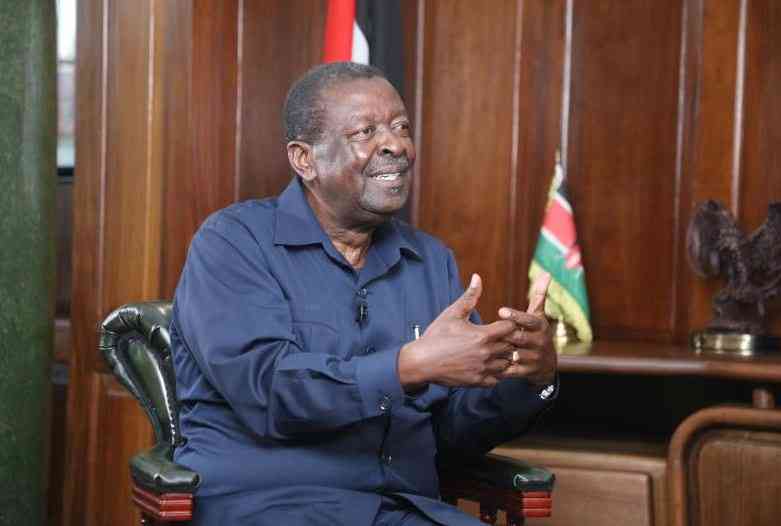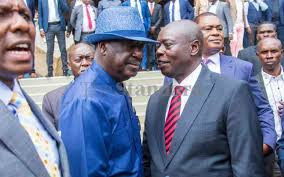Ethics and Anti-Corruption Commission (EACC) has launched investigations on corruption allegations in the judiciary.
EACC Chairperson David Oginde confirmed that, on invitation of Chief Justice Martha Koome, the commission is probing bribery allegations leveled against some judges.
He revealed that investigations were launched a week ago after the commission met with Koome during the swearing in of Abdi Mohamud, as the commission’s new chief executive officer a week ago.
Oginde said CJ Koome requested the commission’s hand to unearth the allegations of bribery within the Judiciary in an attempt to bring sanity.
“We had a meeting with the Chief Justice. And in that meeting, she raised the concern that she is receiving reports that some of her officers are taking bribes and therefore subverting justice. And so she, on her own initiative, called upon us to help her in this area,” said Oginde.
Oginde was speaking on Wednesday while presiding over the launch of National Integrity Academic Strategic Plan at Kenya School of Government.
The 2024-2028 strategic plan, Oginde said, aligns ethical content programmes that will equip leaders and the general members of the public in the fight against graft.
“We are running this academy that will bring in people from different sectors, even the private sector, even across the globe, who will be interested in being equipped on how to fight corruption, how to practise and encourage ethical living and conduct within their institutions,” he said.
EACC chief executive, Mohamud, in a speech read on his behalf said: “The platform will help us in building capacity, promoting a culture of transparency and strengthening institutions to uphold the highest standards of accountability in our country,” said
In her statement, Koome said that EACC is one among many agencies she has approached to conduct investigations into reports that some of her officers are taking bribes thereby subverting justice.
Koome said that she has also engaged National Intelligence Service (NIS), the Directorate of Criminal Investigations (DCI) and the Inspector General of Police.
Oginde revealed that the commission had identified three stations where the EACC officers will be combing to net the suspected corrupt judiciary officials.
“Our teams are already in these three stations, but we are looking more closely at the judiciary as a whole. So should we find anything, we take the necessary steps that need to be taken to bring these people to justice so that we combat corruption in the judiciary,” he said.
These developments follow mounting pressure from within and without the legal fraternity including Law Society of Kenya (LSK) and a section of advocates calling for ouster of the judges allegedly engaging in corrupt deals, taking bribes to favour specific people.
Stay informed. Subscribe to our newsletter
The complaints of corruption amongst some judges and magistrates has sparked heated public debate on the integrity of Kenya’s Judiciary, with bitter exchanged recently witnessed between CJ Koome and Lawyers Ahmednasir Abdullahi and Nelson Havi.
The year-long rift pitting the Supreme Court and SC Ahmednasir has escalated into public attacks especially on social media which lead to a permanent ban on the latter from appearing before the apex court.
Later, former LSK President Nelson Havi joined the bandwagon calling for Koome’s resignation.
“The deadline I gave for CJ Martha Koome to resign is 14-1-2025. The six other judges of the Supreme Court can prevail upon her to go,” he recently posted on X, adding, he would file a petition for the removal of the supreme court judges.
Koome laughed off the critics, saying the attacks will not deter her from performing her duties and that she would not resign.
“When I speak, I always confess that I’m a victim of cyberbullying—or is it called technologically facilitated gender-based violence? But I know the intention. It’s a business model; I don’t know what to achieve. Maybe to scare, distract, defame, or hound me out of office, but they can try something else,” Koome said in December, last year.
During the event, Oginde also expressed concerns over cases of “the youth disrespecting their elders” while referring to the ongoing criticism against government leaders by youths using social media.
Equally, he slammed a section of leaders for creating animosity in the country as they engage in bitter public exchange, acts that he said “erodes foundational values and societal ethical practices” that the country has stood on over the years.
“We see a trend where children and young people are insulting their leaders. and it is a negative culture. Whatever you say about it, it can only destroy our nation.”
“I’m personally concerned that this is a trend that is building within our country, where young people can stand up and insult adults…leaders at different levels. It is not something that we should encourage,” he said.
On the other hand, he added “we’re also seeing a very negative trend where leaders in very respectable positions are engaging with each other in foul language.”
You know that a society is collapsing when people begin to lose decorum.id the facility launched will equip Kenyans on matters integrity and fight against corruption.




